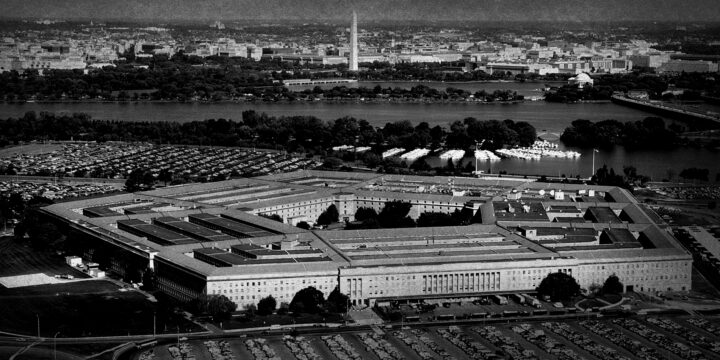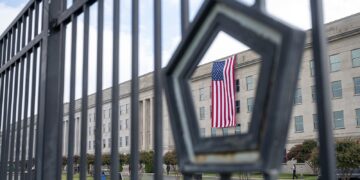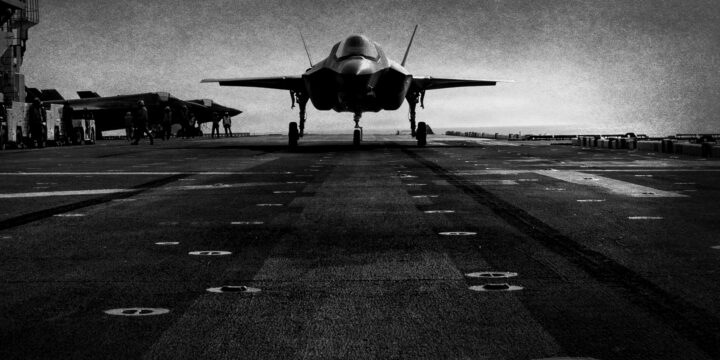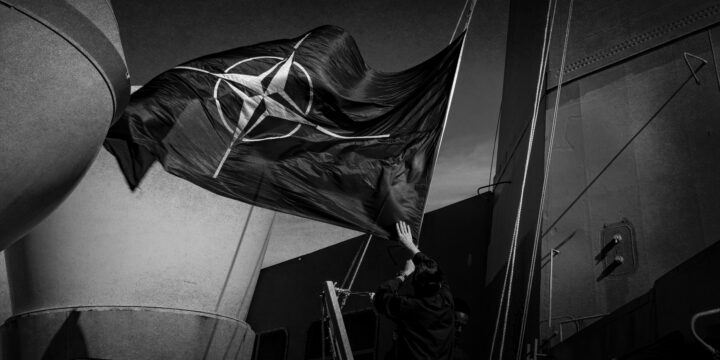December 31, 2024
Here are New Year’s resolutions for U.S. foreign policy

The end of the year is always bittersweet. On the one hand, it’s a time of joy and happiness, when loved ones come into town for the holidays. Yet on the other hand, there’s always the thought of how it’ll feel to go back to normal after New Year’s Day, when the routine starts up again.
This period, however, should also serve as a moment of reflection. What did we do right over the last 12 months? What did we do wrong? And what changes do I have to make to become a better person? Compiling a list of New Year’s resolutions is as American as apple pie.
New Year’s resolutions aren’t only for regular people. They also apply to the men and women in Washington who are responsible for crafting public policy, particularly if they happen to be members of the vast U.S. foreign policy establishment. These policymakers have made their fair share of mistakes over the last year just like the rest of us.
The list of mistakes is as wide as it is deep. In the Middle East, the United States has very little, if anything, to show for its diplomatic efforts. U.S. officials expend significant time, energy and resources playing peacemaker in a region synonymous in the American mind with pain, sunk costs and crisis. The war between Israel and Hamas grinds on despite periodic cease-fire talks, with the Palestinian death toll approaching 46,000. Lebanon is only just starting to rebuild after Israel’s monthslong air and ground offensive against Hezbollah. A tyrant in Syria is gone, providing millions of Syrians with hope for a better future, but that future could still go either way. Iran, meanwhile, is as close to a nuclear weapon as it has ever been.
More on Western Hemisphere
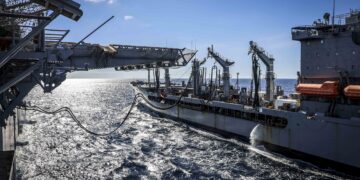
Featuring Benjamin Friedman and Daniel DePetris
February 13, 2026

February 3, 2026

By Peter Harris
January 30, 2026
Events on Grand strategy
